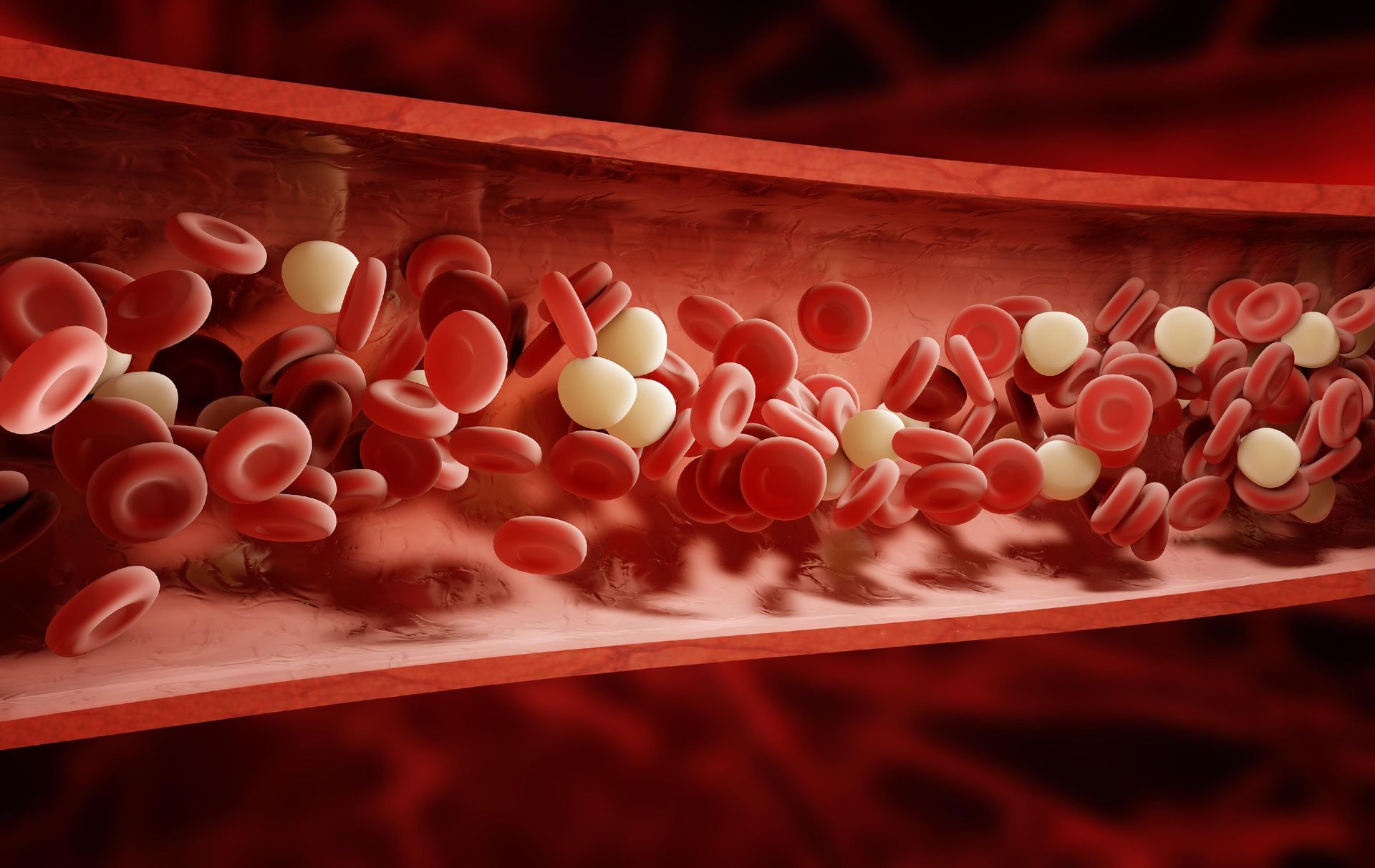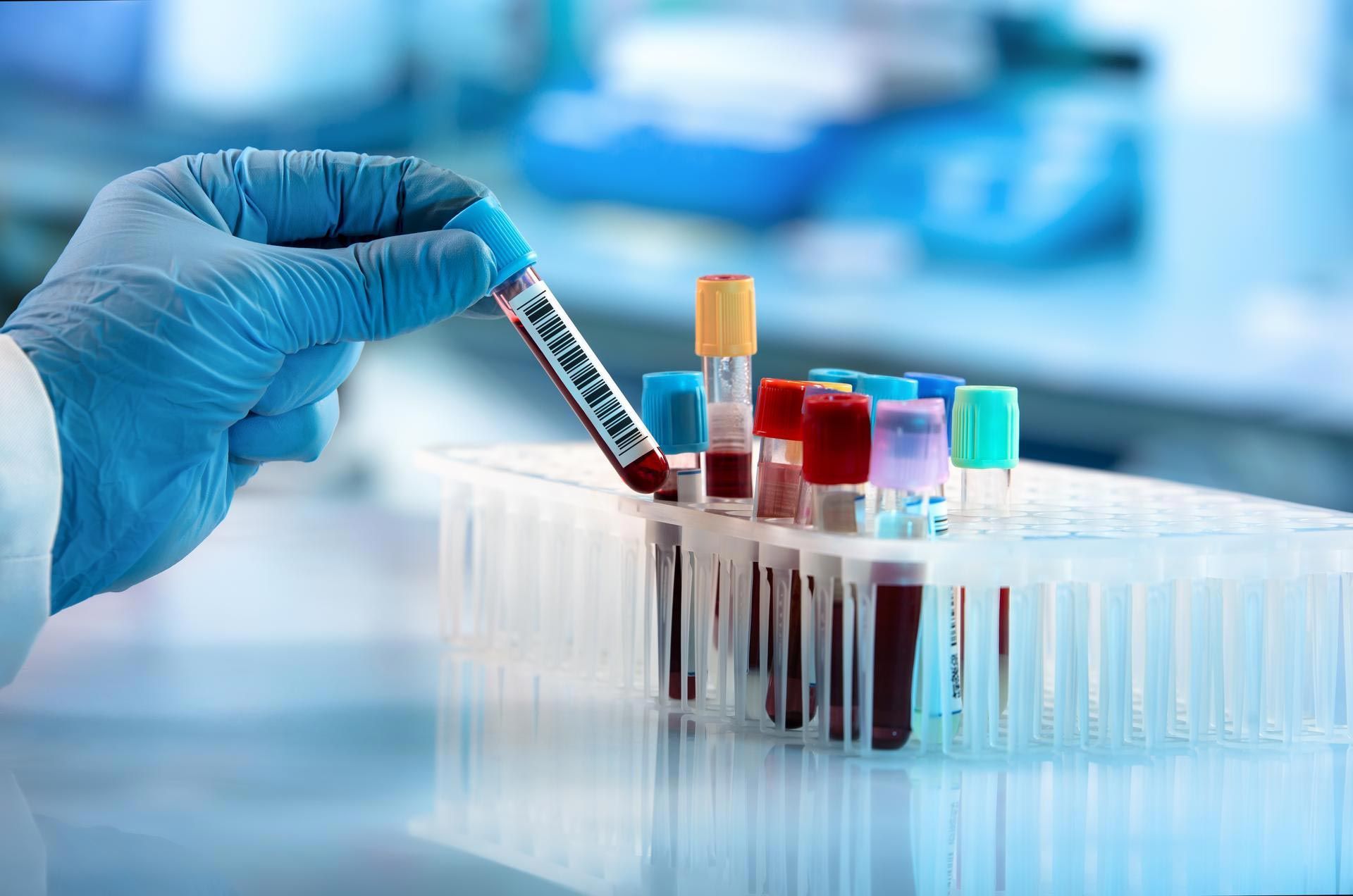Essential Types of Preventative Healthcare Tests

Taking proactive steps towards safeguarding our health is key to living a robust and healthy life. A crucial part of this approach involves preventative healthcare tests. These tests act as early warning systems, helping to identify potential health issues before they become overly serious. Take a comprehensive look at the preventative healthcare tests that can keep you on the path to good health.
Diabetes Testing
Diabetes tests can help detect the disease in its earliest stages when its effects are less severe. Screening for Type 2 diabetes annually is the most effective method of diabetes detection for people over 45. The best way to do this is to check the person's fasting glucose and A1C levels.
Blood sugar (glucose) levels are measured after the person has gone a few hours without eating or taking medicine. This is referred to as a fasting glucose level. If your blood sugar levels are consistently high, this may be an indicator that you have diabetes.
Hemoglobin A1C, which shows how much sugar has been in the blood over the last two to three months, is often a more accurate sign of diabetes than fasting glucose levels. This test measures the amount of glucose attached to the protein hemoglobin in red blood cells.
Cancer Screening
Cancer screening aims to find the disease early, before it spreads to other body parts. Early testing and detection makes it is easier to treat and increases the chance of recovery. Some examples of cancer examinations include Pap smears, mammograms, colonoscopies, and digital or PSA exams for the prostate.
Mammograms are a special kind of X-ray that help find breast cancer in women. Compressing the breasts between two plates helps provide a clean mammogram. Breast self-examinations cannot always detect breast cancer, but mammograms can. The survival rate for breast cancer increases dramatically when diagnosed and treated early.
Colonoscopy screens for colon and rectal cancer. The physician inserts a flexible tube with a camera into the rectum to visually inspect the colon for polyps or other abnormalities. A colonoscopy is an excellent opportunity to remove precancerous polyps, which may reduce the risk of developing colon cancer.
Digital rectal examination and PSA testing screen for prostate cancer. During a digital exam, a doctor will feel the prostate gland for any suspicious growths or abnormalities. A high PSA level is one potential indicator of prostate cancer. Men in their 40s should take advantage of these examinations since they can discover prostate cancer in its earliest stages.
The human papillomavirus (HPV) causes cervical cancer, but you can prevent it by using a vaccine that protects against it. Teenage boys and girls alike should get the HPV vaccine to help stop the spread of the disease. During a Pap smear, the healthcare provider collects cervical cells and tests them for abnormalities. It is recommended as a routine screening test for detecting cervical cancer.
STI Testing
If someone has a sexually transmitted infection (STI) and has no clear symptoms, they can give the infection to someone else without even knowing they have it. In the lack of early detection and treatment, this can be very bad for health.
Different STIs need different tests. Depending on the person's risk factor, the number of tests they need may change over time. If you do not treat sexually transmitted diseases (STDs) like gonorrhea and chlamydia, they can lead to serious health problems like infertility and pelvic inflammatory disease.
People who are sexually active and do high-risk things like intercourse without protection or sharing needles should get checked for STDs regularly. In addition to getting screened regularly, someone who is sexually active should get tested if they have signs like unusual discharge, pain while urinating, or sores in their genital area. People who have been treated for an STD should get more tests to make sure the infection is gone.
If you need blood testing for preventative health management, contact us at Randox Health Labs to book an appointment today.











